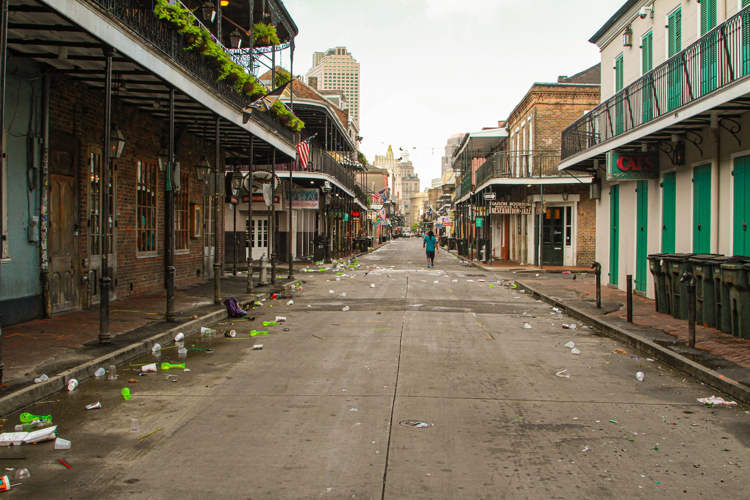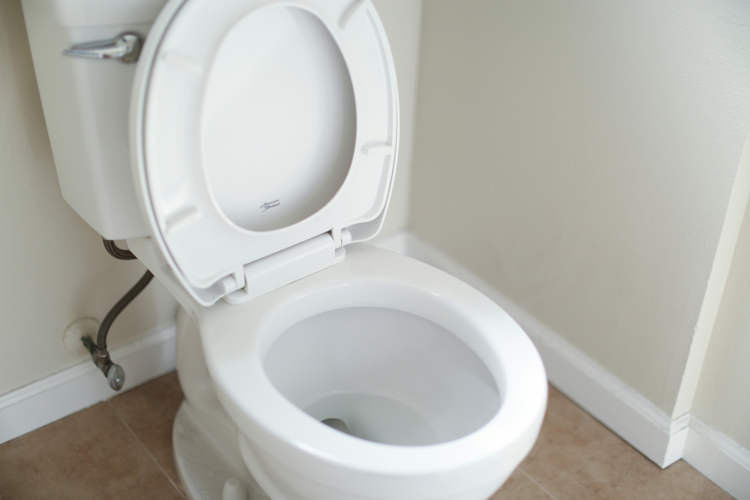SpoGomi, a combination of ‘sport’ and ‘gomi’ (Japanese for rubbish) is a popular competition in which teams of 3-5 people try to pick up the most trash of the highest quality in a set period of time.
Japan recently announced that it would host the first SpoGomi World Cup in November of 2023, with teams from all over the world scouring the streets of Tokyo in search of trash to pick up. Each team of three players will have 60 minutes to gather the most trash from a designated area while trying to sort it correctly into color-coded bags for each type (burnable waste, recyclable plastic, metal cans, etc.). When the time is up, the trash will be weighted and checked for proper sorting, and the team with the most trash wins. In case of a tie, the winner is determined by the quality of the trash, with points awarded by type (cigarette butts win the most points).

Photo: Mick Haupt/Unsplash
The inaugural SpoGomi World Cup sounds like a great way to encourage people to keep public spaces clean, but in terms of the competitive aspect, there is little doubt as to what team will win. After all, the Japanese are famous for cleaning up after themselves everywhere they go. Since the very first Football World Cup theit national team participated in (France, 1998), Japanese fans have been shocking the world with their post-game ritual of picking up trash from the stands and leaving them in pristine condition.
Then there is the fact that Japan invented SpoGomi and has been holding local contests since 2008. The new sport caught on very fast, and today hundreds of competitions are organized every year. There are clear rules set up – from safety rules like being prohibited from picking up trash near roads or railway tracks to sportsmanship rules like respecting the rules of the other teams.
Participants all wear heavy-duty cleaning gloves that allow them to pick up virtually any type of trash without being grossed out, as well as tongs to pick up trash from a standing position. At the start of the competition, they all yell “Picking up trash is a sport!” before running into their allotted areas. At the end of the allotted time, all participants return to the starting line to have their trash haul weighed and checked.
Winning teams usually receive a certificate or a trophy from the organizers, and maybe a small prize from sponsors. But SpoGomi isn’t really about rewards. Participants just enjoy the competitive nature of the sport, working as a team, spending valuable time outdoors and, last but certainly not least, keeping their cities clean.
“We believe it is important to collect litter in cities because there has been a sharp increase in the amount of waste in oceans around the world, so it is best if we can collect that trash before it gets into the ocean as it is much harder to gather at that point,” said Takayasu Udagawa, who is overseeing the first SpoGomi World Cup.












